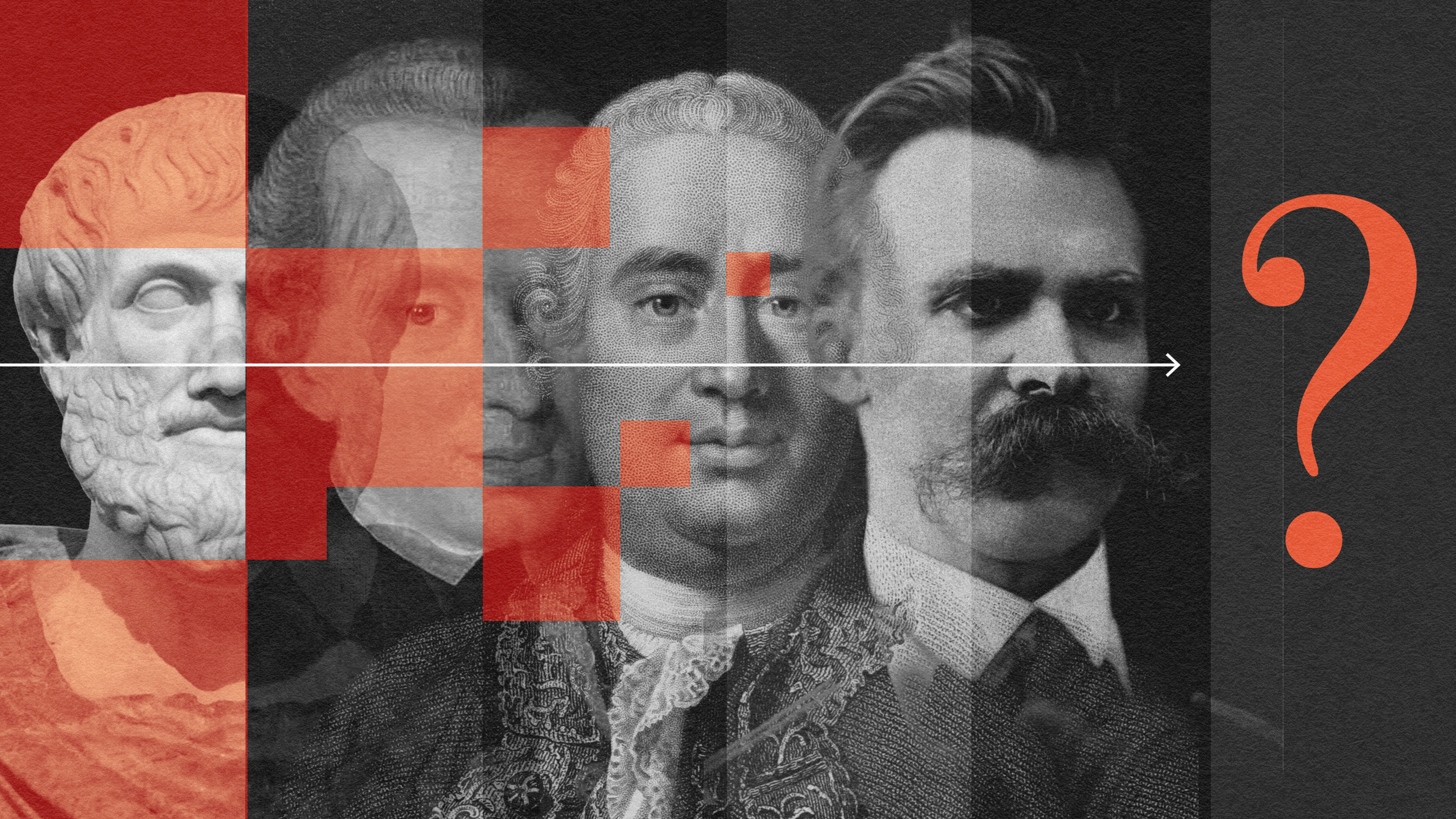If you ask conservative and liberal judges whether George W. Bush is a war criminal for invading Iraq, you are unlikely to find agreement. But ask them about Henry V, and the tone of the debate shifts radically.
Kenji Yoshino: Welcome to “How to Think like Shakespeare: An Examination of Shakespeare across Disciplines”. I'm here with Jim Shapiro and Carol Gilligan and right now we are going to be talking about Shakespeare retold. There's now an entirely separate cannon of retellings of Shakespeare. We have plays, films, novels, even digital media like Shakespalin or Facebook Hamlet.
I got the call of a lifetime the other day from a federal appellate judge in D.C and he said, I'm doing the Shakespeare moot court on the trial of Agincourt. The questions were 'Did Henry V commit war crimes either in invading France or in killing the prisoners of war?' And my answer was yes and yes to both questions.
Jim Shapiro: And did the rest of the panel of lawyers and judges agree with you?
Kenji Yoshino: Actually it was yes. I mean there was a split, but the majority went with yes and yes with my answers, and, I mean, there were both liberal and conservative judges and I'm not really so focused on the outcome, but rather on the quality of the conversation that there was a kind of suppleness to it because they were talking about Shakespeare. So obviously we’re talking did George W. Bush commit war crimes in invading Iraq and Afghanistan. Is the treatment of the detainees violating Geneva Conventions? If you actually try and have that conversation where everybody has a dog in the fight there is always blood on the floor, but there is something about refracting exactly the same question through Shakespeare where people are much more willing to concede points, much more willing to be I think supple is the word I keep coming back to in the way that they converse with each other and it ended up being a much more humane conversation.
Jim Shapiro: Did anybody ask why we still love Henry V even though we know he committed war crimes?
Kenji Yoshino: That question to my memory did not come up, but what I did come away from the exercise thinking about was actually George W. Bush was very similar to Henry V. It’s just he didn’t win his Agincourt, so if he had won his Agincourt he would have had all the forms of authority that Shakespeare gave to Henry V I think foreshadowing [Max] Weber in this because Weber says that there is futile authority, charismatic authority and legal authority and Henry V is a perfect storm of all forms of authority. So too is George W. Bush when he was standing on the rubble of 9/11, so that’s why people compare Henry V to George W. Bush so often, but he didn’t win his Agincourt so the judgment of history is against him, so my take on this is actually less that we should make the consistency favor George W. Bush than we should make it disfavor Henry V.
Jim Shapiro: And for me what is interesting is that we know Henry V acts criminally, not just to the French prisoners, but to his own men and yet we’re made to feel his charisma and love and admire him at the end of this play, which I hate that feeling that wells up of admiration for him because he is as Machiavellian as anybody in Shakespeare, but Shakespeare nudges us into that uncomfortable space where we’re supposed to applaud him.
Kenji Yoshino: Right and that’s his inheritance from Falstaff I think, that kind of Teflon coating.
Jim Shapiro: Well, the final scene with Catherine is not a pleasant scene.
Carol Gilligan: It’s a rape scene.
Jim Shapiro: Exactly, what’s yours is mine.
Carol Gilligan: That’s it, and she has no voice.
Jim Shapiro: And she doesn’t even get to speak her own language.
Carol Gilligan: Yeah, exactly.
Jim Shapiro: That’s it.
Carol Gilligan: That’s it…. Is he showing us something about this kind of heroism and what happens to a man who has to be really rested from his friendship with Falstaff and cast into this role? I mean in some ways you could also talk about Obama.
Kenji Yoshino: I'm reminded of a line from Emma where it’s a visit perfect and **** much too short. I feel like each one of these segments could go on for hours.
Thank you so much for you insights, but to see more of this conversation please visit BigThink.com for our Shakespeare series.





